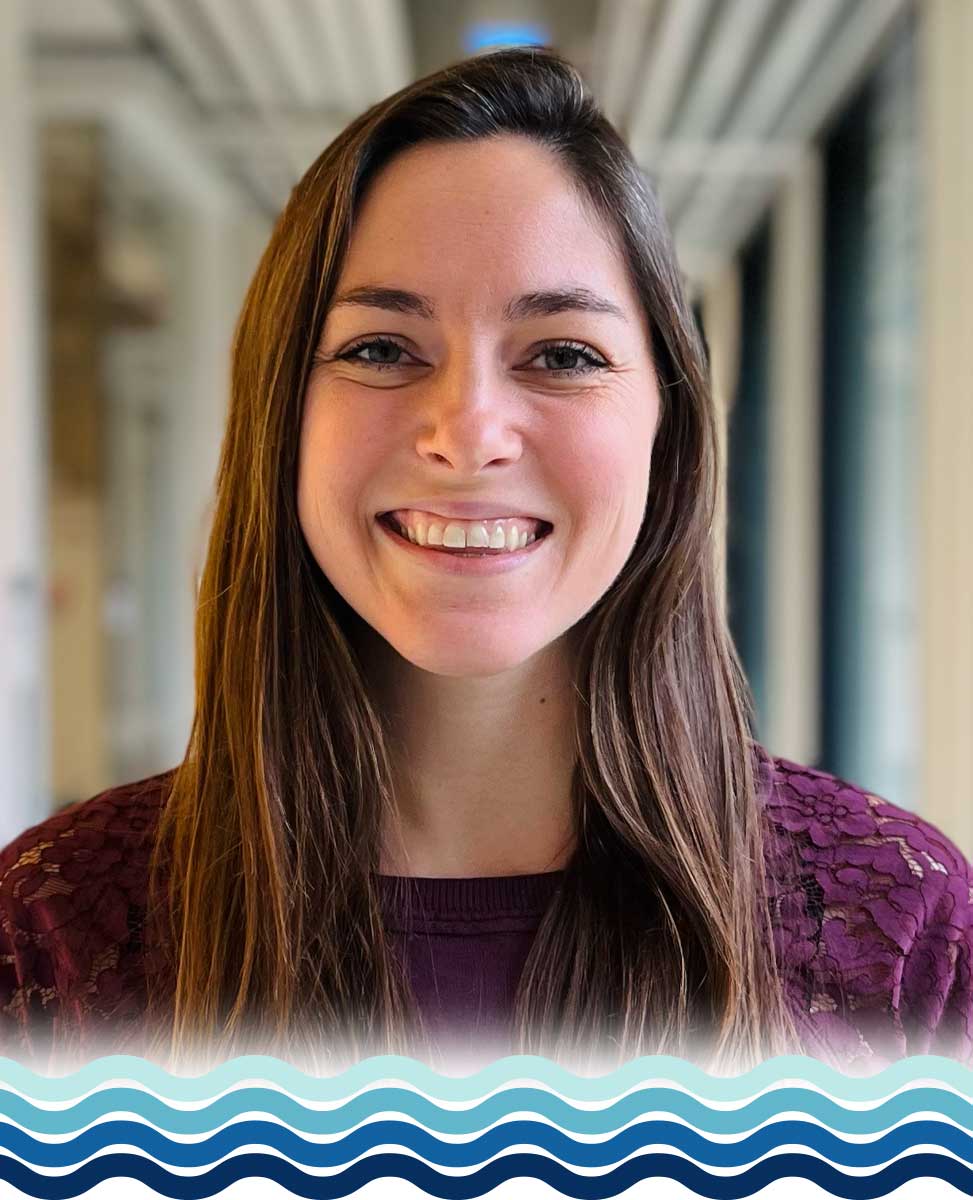Kira Podolsky
Post Doctoral Research Assistant
Massachusetts Institute of Technology
Talk Information
18 June 2025, 09:20am - 09:30am, in the Pacific Jewel Ballroom
L37-YI8 – A Peptide can Replace an Essential Enzyme in Yeast

Dr. Kira Podolsky is a postdoctoral researcher in the laboratory of Professor Ron Raines at the Massachusetts Institute of Technology. Her work bridges the fields of chemical biology and protein engineering, focusing on the development of novel biomolecular tools for therapeutic applications. She is particularly interested in peptide-based scaffolds and redox-responsive systems that modulate protein structure and function.
Education
Dr. Podolsky earned her B.S. in Biochemistry from the University of California, Berkeley. She completed her Ph.D. in Chemistry at Stanford University, where she worked under the mentorship of Professor Carolyn Bertozzi, investigating glycoprotein interactions in immune signaling.
Professional Experience
Following her doctoral work, Dr. Podolsky joined the Raines Lab at MIT, where she continues to explore translational research in protein chemistry. Her postdoctoral work focuses on the design of stable peptide macrocycles and their application in targeting intracellular protein-protein interactions.
Research Contributions
Dr. Podolsky has contributed to the development of several cutting-edge platforms for site-selective protein modification and redox-sensitive peptide therapeutics. Her interdisciplinary approach integrates synthetic chemistry, molecular biology, and structural analysis.
Notable Publications
Her work has been published in the Journal of the American Chemical Society, ACS Chemical Biology, and Nature Chemical Biology, including recent first-author studies on disulfide-rich cyclic peptides with enhanced cellular permeability.
Speaking Engagements
Dr. Podolsky has presented her research at national meetings of the American Chemical Society and the Protein Society, was selected as an Emerging Investigator by the Gordon Research Conference on Bioorganic Chemistry, and will pe one of the Young Investigators at the 2025 American Peptide Society's symposium in San Diego.
Peptide catalysts conceivably facilitated the emergence and maintenance of cellular biology at the origins of life. Their functions may have been similar to large protein enzymes in modern cells.
Here, we report the first discovery of enzyme mimetic peptide catalysts that sustain eukaryotic life. We designed peptide libraries to complement the function of an essential enzyme, protein disulfide isomerase, PDI, in Saccharomyces cerevisiae. Two genetically encoded peptide catalysts, both 24 amino acids long, maintain S. cerevisiae survival in the absence of PDI. Their capacity to keep pace with rapid cellular functions therefore implicates peptide catalysts as evolutionary precursors to enzymes.

